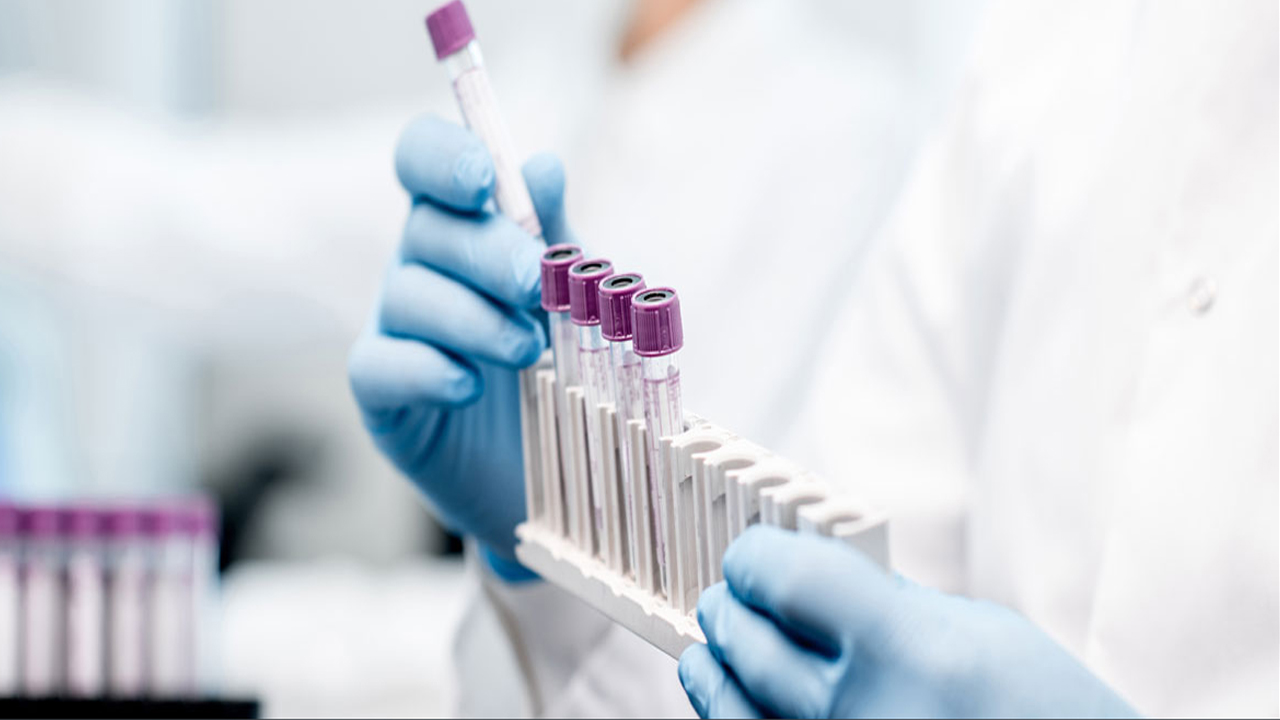Under President Trump’s leadership, the Centers for Medicare & Medicaid Services (CMS) today announced new actions to pay for expedited coronavirus disease 2019 (COVID-19) test results. CMS previously took action in April 2020 by increasing the Medicare payment to laboratories for high throughput COVID-19 diagnostic tests from approximately $51 to $100 per test.
Today, CMS is announcing that starting January 1, 2021, Medicare will pay $100 only to laboratories that complete high throughput COVID-19 diagnostic tests within two calendar days of the specimen being collected. Also effective January 1, 2021, for laboratories that take longer than two days to complete these tests, Medicare will pay a rate of $75. CMS is working to ensure that patients who test positive for the virus are alerted quickly so they can self-isolate and receive medical treatment.
“As America continues to grapple with the COVID-19 pandemic, prompt testing turnaround times are more important than ever,” said CMS Administrator Seema Verma. “Today’s announcement supports faster high throughput testing, which will allow patients and physicians to act quickly and decisively with respect to treatment decisions, physical isolation, and contact tracing. President Trump continues to lead the most robust testing effort anywhere in the world.”
Starting January 1, 2021, the amended Administrative Ruling (CMS 2020-1-R2) will lower the base payment amount for COVID-19 diagnostic tests run on high-throughput technology to $75 in accordance with CMS’s assessment of the resources needed to perform those tests. Also starting January 1, 2021, Medicare will make an additional $25 add-on payment to laboratories for a COVID-19 diagnostic test run on high throughput technology if the laboratory:
a) completes the test in two calendar days or less, and
b) completes the majority of their COVID-19 diagnostic tests that use high throughput technology in two calendar days or less for all of their patients (not just their Medicare patients) in the previous month. Laboratories that complete a majority of COVID-19 diagnostic tests run on high throughput technology within two days will be paid $100 per test by Medicare, while laboratories that take longer will receive $75 per test. CMS established these requirements to support faster high throughput COVID-19 diagnostic testing and to ensure all patients (not just Medicare patients) benefit from faster testing. These actions will be implemented under the amended Administrative Ruling (CMS-2020-1-R2) and coding instructions for the $25 add-on payment (HCPCS code U0005) released today.
Today’s announcement builds on previous actions CMS has taken to ensure robust laboratory testing for COVID-19. In April, CMS doubled the payment for COVID-19 tests performed using high throughput technology to $100. COVID-19 testing using high throughput technologies allows for increased testing capacity using an automated process that can administer more than 200 tests per day. The new payment amounts effective January 1, 2021 ($100 and $75) reflect the resource costs laboratories face for completing COVID-19 diagnostic tests using high throughput technology in a timely fashion during the Public Health Emergency.

 Today, CMS is announcing that starting January 1, 2021, Medicare will pay $100 only to laboratories that complete high throughput COVID-19 diagnostic tests within two calendar days of the specimen being collected.
Today, CMS is announcing that starting January 1, 2021, Medicare will pay $100 only to laboratories that complete high throughput COVID-19 diagnostic tests within two calendar days of the specimen being collected.








.jpeg)




.jpeg)





.jpeg)









.jpg)


.jpg)
